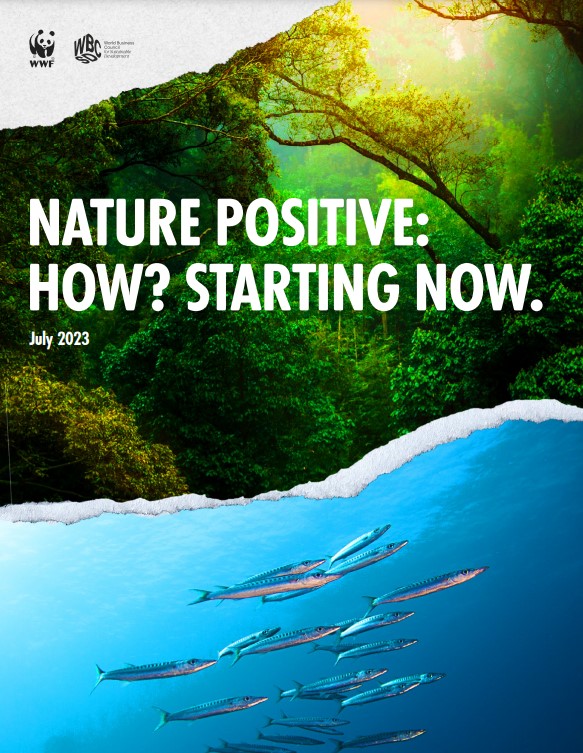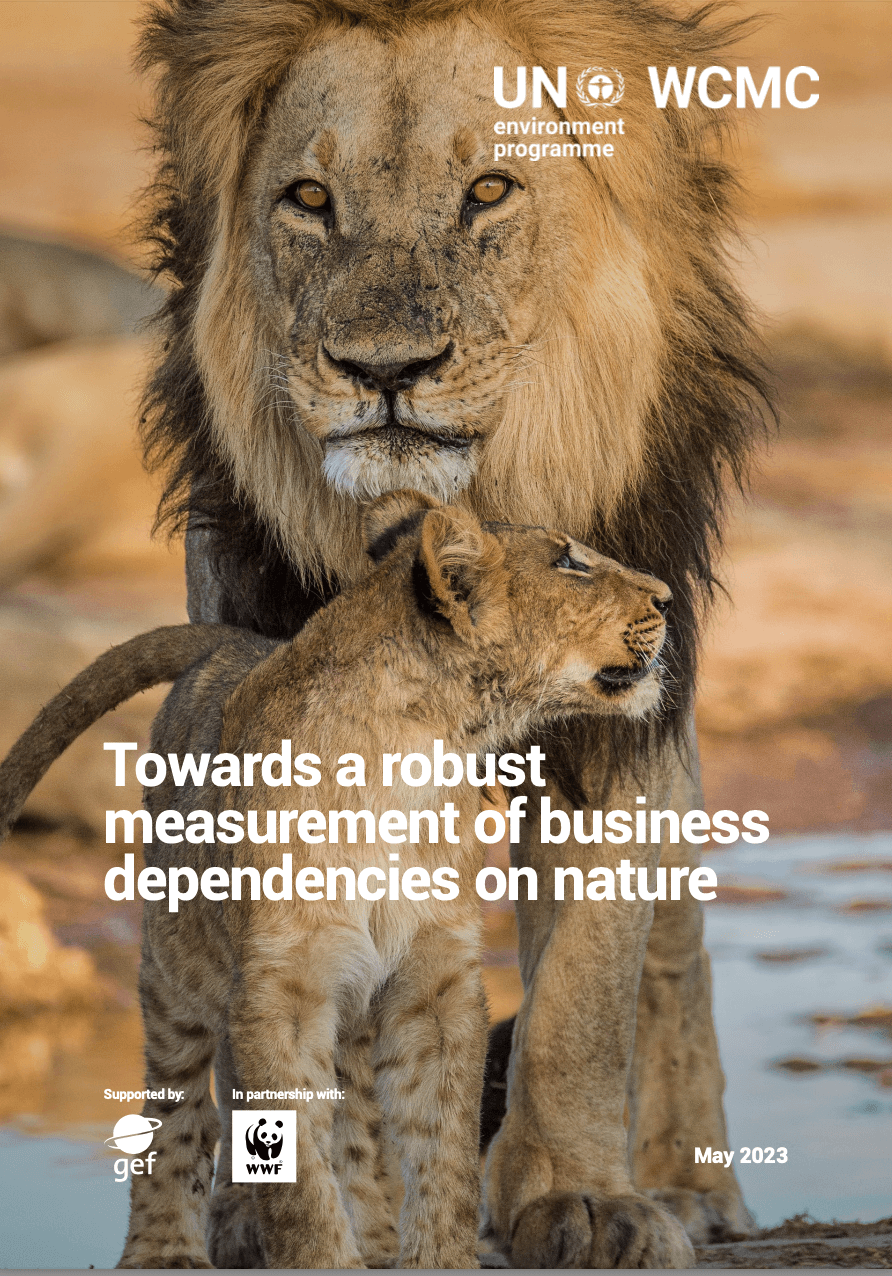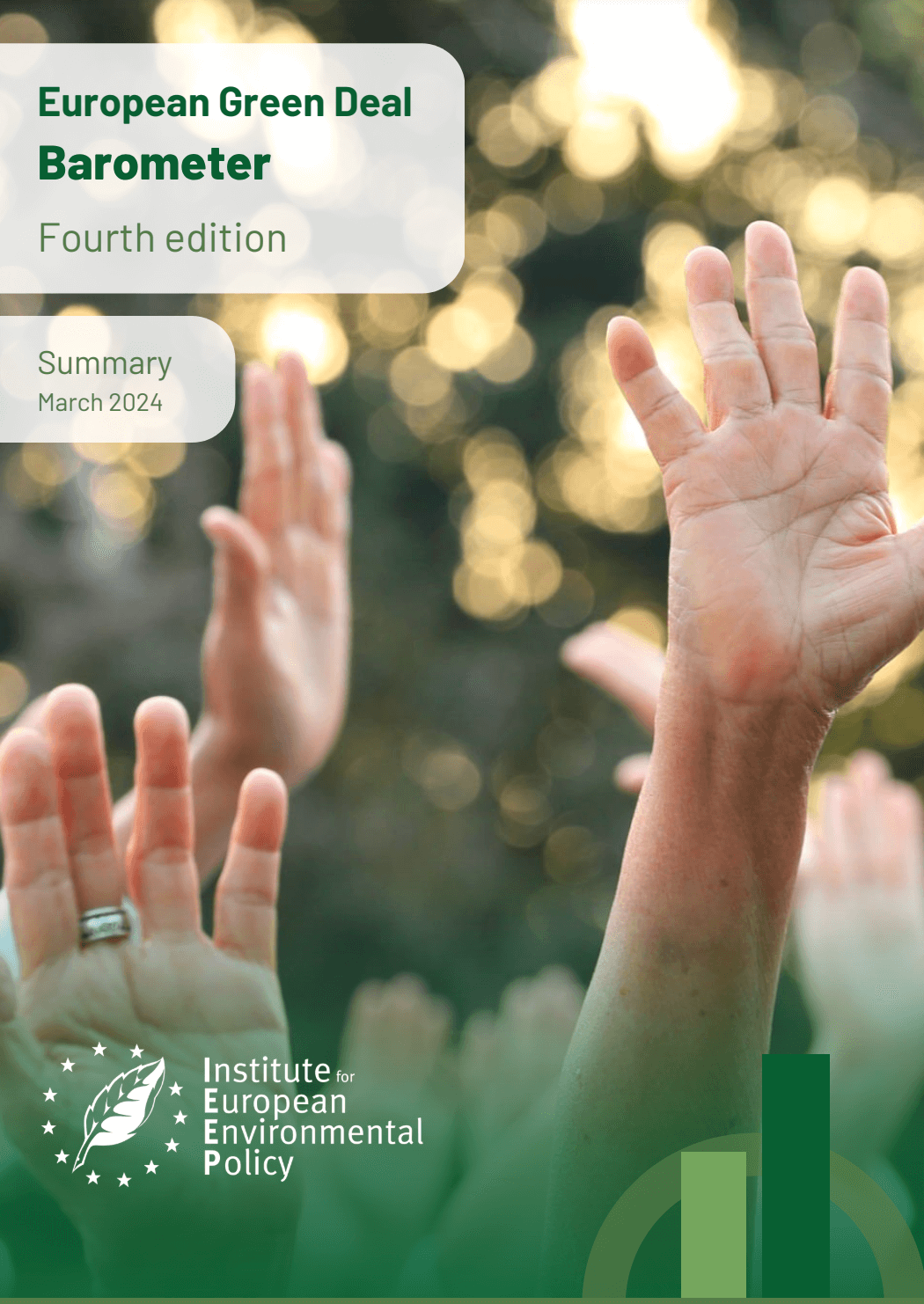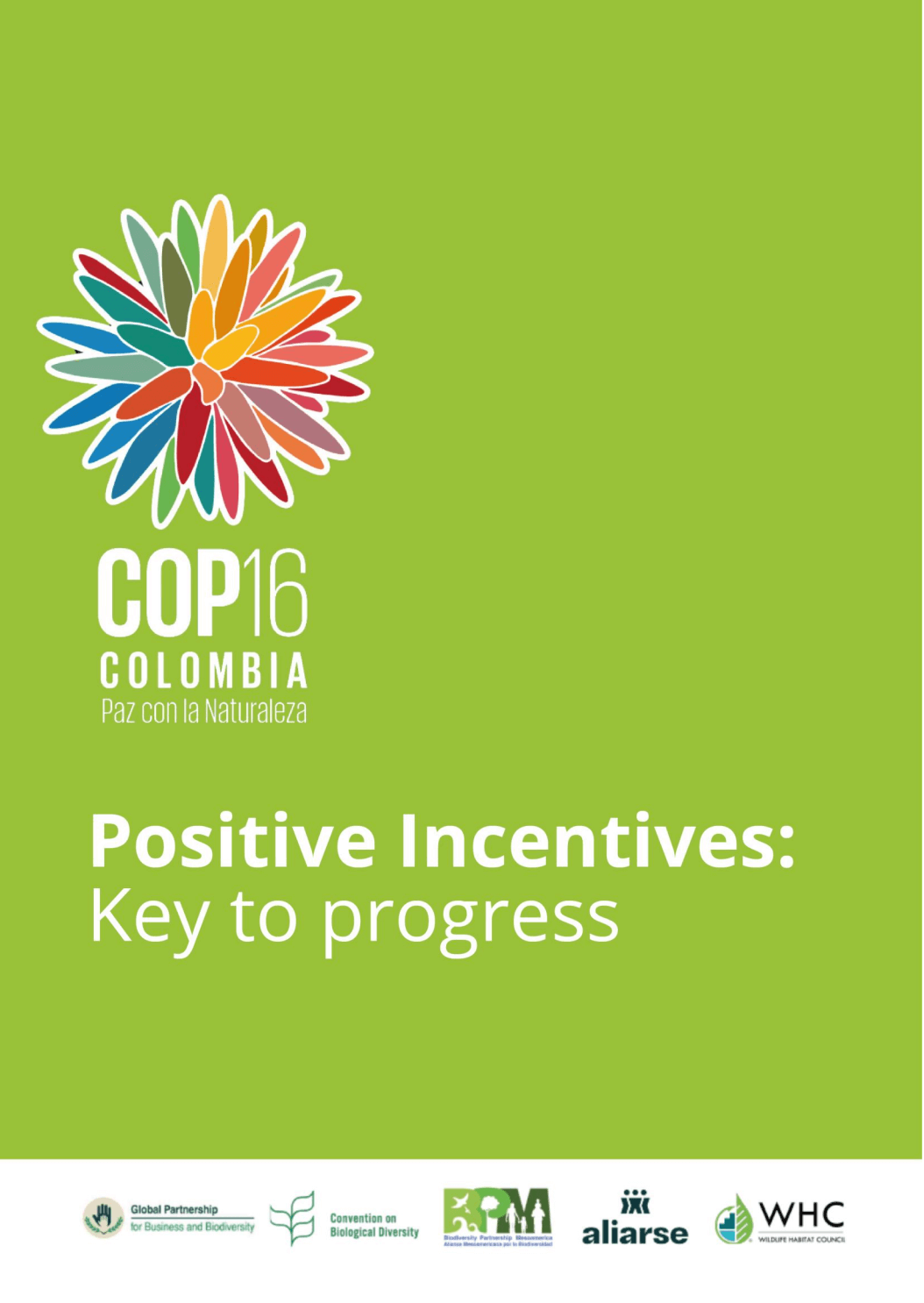Positive incentives: Key to progress
Detalles
| Humanity is facing a crisis of nature, which manifests itself through the interconnected challenges of climate change and biodiversity loss. Addressing and mitigating these consequences requires far-reaching transformations in economic systems, logistics, consumer behavior, and many other aspects of human activity. The efforts of governments and international institutions, as well as non-state actors, play a key role in this scenario, collaborating at the local, national and international levels, raising awareness of the urgency of ending harmful practices and making creative efforts to accelerate and strengthen essential changes. Incentives that encourage and accelerate the transformations needed are valuable tools, both as state and non-state initiatives. Positive incentives, whether monetary or non-monetary, can be aimed at discouraging harmful practices and encouraging the adoption of improved ones. Through collaboration and the exchange of experiences, we can collectively contribute to the successful implementation of the Global Biodiversity Framework. The document Positive incentives: Key to progress, published in collaboration by the Global Partnership Business and Biodiversity (GPBP), the Convention on Biological Diversity (CBD), Biodiversity Partnership Mesoamerica, Aliarse and the Wildlife Habitat Council (WHC) has been presented during COP16 in Cali (Colombia). The publication includes 27 case studies of positive incentives for biodiversity developed in 14 countries, including Spain. Specifically, the cases contributed by our country are those of the Biodiversity Foundation and the Pleamar Programme. In recent years, the Biodiversity Foundation has consolidated its work as a manager of European funds, allocating nearly 830 million euros to the financing of more than 3000 projects through calls for grants and has promoted and worked on important conservation projects that have protected emblematic areas and promoted the marine Natura 2000 Network in Spain. For its part, the Pleamar Programme was created in 2017 to integrate fisheries management policies with those for the protection of the marine environment and to promote the sustainability of Spanish fisheries and aquaculture in the context of the blue economy. This programme, co-financed by the European Maritime, Fisheries and Aquaculture Fund, EMFF, co-finances projects aimed at the protection of marine biodiversity, the reduction and management of waste, the improvement of knowledge and the management of marine protected areas, such as those belonging to the Natura 2000 Network, the reduction of by-catches and the use of discards. and strengthening partnerships between the scientific community and the fisheries and aquaculture sector. The nearly 30 case studies collected in the paper from Brazil, Colombia, Costa Rica, the Lao Democratic Republic, Finland, France, Germany, Japan, Mexico, New Zealand, the Philippines, Singapore, Spain and the United States address:
|
Recursos relacionados

2023
Nature Positive. How starting now?
WWF y WBCSD hablan con representantes de empresas minoristas de alimentos clave a nivel mundial para aprender de su experiencia…

2023
Towards a robust measurement of business dependencies on nature
Esta guía pretende reforzar la comprensión de las dependencias empresariales de la naturaleza y cómo pueden medirse. Resume las ideas…

Green Deal Barometer 2024
The fourth edition of the European Green Deal Barometer, the annual survey of the Institute for European Environmental Policy (IEEP),…


